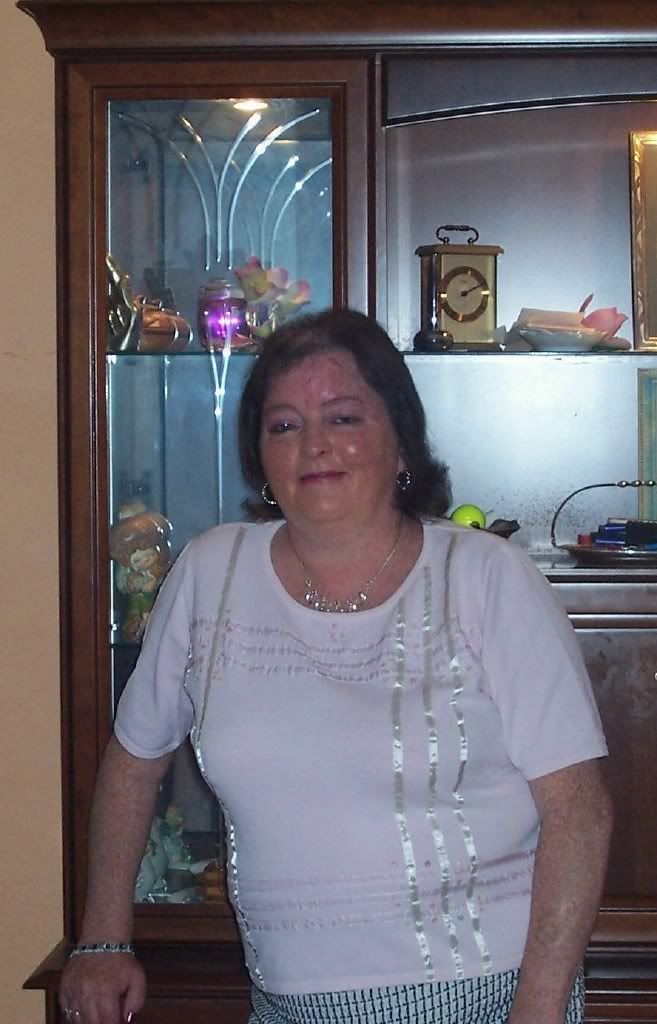Nobody in the Diocese of Dublin believe in Justice
A FOUR-year garda inquiry into allegations that the Catholic Church covered up child sex abuse in Ireland's largest diocese has failed to produce sufficient evidence to lay charges against any senior church figures. A combination of obduracy, the death of priests suspected of abuse, a lower than expected tally of victims willing to file complaints and limited access to diocesan files has resulted in the inquiry "running into the sand", according to victims of abuse.Victims who brokered an historic apology from Cardinal Desmond Connell,the retired archbishop of Ireland's largest diocese, are angry that after a four-year investigation only a handful of prosecutions have been secured in the courts. Victims of paedophile priests had hoped that a dedicated core of National Bureau of Criminal Investigation detectives would confirm widespread allegations that the Church concealed the activities of abusive priests in Dublin. But the Irish Independent has learned that no charges are pending against senior diocesan officials. Last night the diocese confirmed that detectives investigating allegations of abuse had held a meeting with Dr Connell, who said his tenure as Archbishop had been "devastated" by the abuse scandal. A state inquiry, led by Judge Yvonne Murphy, into how the Church handled allegations of complaints against priests on the diocese is now under way.Twenty detectives have been assigned to the so-called "God Squad" since 2002. But despite evidence that priests were transferred to other parishes, where they continued to abuse, and despite public admissions by senior figures that not all relevant information was passed to the civil authorities, no charges will be laid against senior members of the church. The garda review of files resulted in a handful of fresh claims that were forwarded to the Director of Public Prosecutions, but the inability of the DPP to prosecute - due to lack of evidence or lapses in time - has led support groups to warn victims not to expect a positive outcome from the garda investigation.Only eight priests in the Dublin diocese have been tried and convicted in the Irish courts.Marie Collins, who brokered the historic apology in 2002 from Cardinal Connell, has expressed disappointment with the level of liaison between detectives and some victims who made statements regarding the handling of their complaints by senior diocesan personnel. "I'm sorry to admit now that I have lost my faith in the garda inquiry," said Ms Collins, who was abused by Fr Paul McGennis, a hospital chaplain, in 1960 when she was aged 13.Earlier this year, the Archbishop of Dublin, Diarmuid Martin, published details of an internal audit for inspection by the Commission of Investigation into the Dublin Archdiocese, which listed 102 priests accused or suspected of sexually abusing 390 child victims. The internal audit yielded more abusers than the four-year trawl by gardai, who were assured that they would have unlimited access to diocesan files.Representatives of victims of abuse said that the status of the garda investigation must be fully investigated by the Dublin commission."It is a huge concern that, given the resources that were provided to the gardai when the investigation began four years ago, it hasn't produced anything of substance," said Colm O'Gorman, director of the One in Four victim-support charity. Mr O'Gorman, who is running as a Progressive Democrat candidate in Wexford in next year's general election, said the disparity between church estimates and state prosecutions was alarming."There is a huge disparity between the number of priests investigated and prosecuted and the recent figure of at least 102 likely offenders provided by the diocese."
